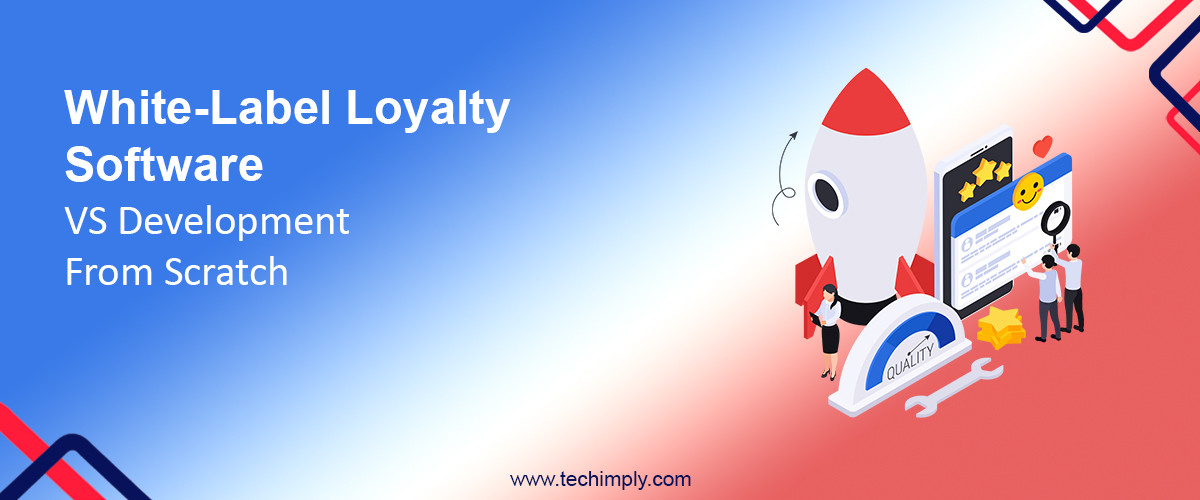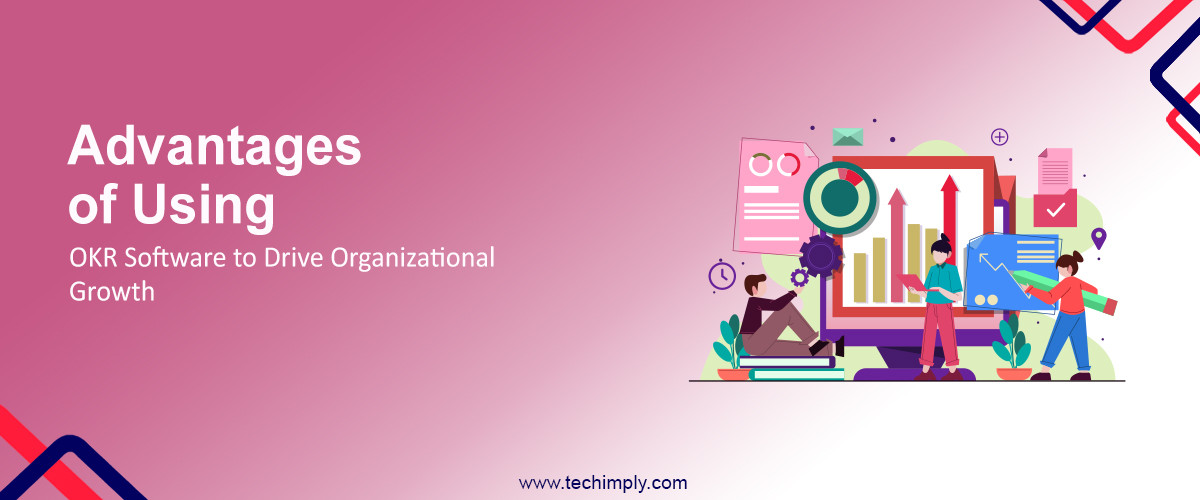A white label strategy (WLS) is not a new concept. It was widely used in the manufacturing of food and electronics, and the term’s roots go back to the music industry, where “white label” meant exactly what it says on the tin – a vinyl record with a “clean” label.
These days, a white-label strategy is applicable to pretty much any industry, including software, and many companies prefer to rely on it.
First things first, it is cheaper because it doesn’t require developer resources. Also, it is pretty simple to understand. But more importantly, it has proven to be just as powerful a customer retention tool as a product designed from scratch, making the implementation of white-label loyalty software a win-win for most businesses.
Further in the article, we will discuss what white-label loyalty software is, how it can be used, and what advantages it offers to businesses compared to developing a product from scratch.
What Is White Label?
To put it simply, “white label”, also known as “private label”, refers to a product or service developed by a third party that is then rebranded and sold by another company under its own name. Broadly speaking, it is like buying a generic product at the store that doesn’t have a specific brand and logo on it but has the name of the store instead.
The same concept applies to IT. Businesses can purchase a pre-existing software solution, which can be offered in the form of:
- An app
- A website
- A platform, etc.
and then customize it with their own branding colors, company logo, and features while saving money and time on development.
How the White Label Model Works in Practice?
White-label models are growing in popularity due to their cost-effective, flexible, and universal nature. Just to give you an idea of how big the demand for it is, about 19.5% of the entire retail market in the US alone is built on private labels, and this number is constantly growing.
It is not surprising, though. White-label solutions are not only less expensive than developing a product from scratch but also more practical as they include a wide range of all-in-one services.
For example, when businesses want to launch a new product, they have a few areas to focus on, such as:
- Developing a website
- Launching a mobile app
- Promoting their product with marketing tools.
The pitfall is, not all companies have the right competencies required for developing and maintaining a product from scratch.
If it is a marketing agency, it will have experience in website advertising but may lack knowledge of the development process. Or, for example, some companies may specialize in iOS but have no experience in creating projects for Android.
In such situations, they would have two options: either outsource two or three (or even more) contractors, which is often time-taking, costly, and inflexible or use the services of a single company working on the white-label loyalty solution model. Spoiler: the latter is more convenient.
Here are a few examples of how white-label loyalty software can be implemented by businesses:
- E-commerce platform;
- (Customer relationship management) CRM software
- Cloud-based file storage and sharing;
- Digital banking platform;
- (Human resources) HR software.
5 Advantages of Using White-Label Loyalty Software
Are you considering using private label software and want to learn more about the benefits it offers? Great, because we have put together a list of advantages to help you make up your mind. Of course, this list is not complete and could be expanded, but we have decided to focus on the most important of them.
Cost Effectiveness
First and foremost, using white-label loyalty software saves time and money on production. The development costs have already been incurred by the provider, which means that you can access a loyalty program at a fraction of the cost of building one from scratch.
To give you the gist, the average cost of implementing a private label program can range from a few hundred dollars to tens of thousands of dollars per year, depending on the complexity of the software, required functionalities, and customization, which is still cheaper compared to developing a program from the ground-up.
In addition, many providers offer a subscription-based pricing model, making it even more accessible for smaller companies with limited budgets.
Quick Implementation
Another advantage is that white-label loyalty platforms are already set up and running and can be used in a short amount of time. This can be particularly useful for businesses that need to launch quickly to keep up with their competitors or meet customer demands.
Established Infrastructure
White-label loyalty software is typically created by experienced development teams who have a proven track record of developing successful loyalty programs. For entrepreneurs, this means
getting a tried-and-tested platform that has already been refined, debugged, and optimized.
This also means that you no longer need to spend time devising the concept of the platform. All you need is to make a list of the desired features and apply them to the WLS model. Moreover, scaling established platforms is quite easy and quick. Once you are ready to deploy new features, you can do it at any time without taking your business off the grid.
Flexibility
Although not as customizable as products developed from scratch, white label platforms provide a good amount of flexibility, allowing you to tailor it to the specific needs of your business by:
- Putting a company logo;
- Using branding colors;
- Adding features and functionalities, etc.
And since using these platforms is very easy, even a non-techy user can get it live in no time.
Lower Risk
Developing a product from scratch can be very expensive. It requires hiring a team of experienced developers, designers, and other professionals, as well as investing in technology, equipment, and software. It’s great if the product succeeds, but there is also the possibility that it might fail due to unforeseen bugs, leaving your business with costs that you can’t recoup.
In this regard, using white-label loyalty software carries considerably less risk. Since the platform has already been developed and tested, you can rest assured that it will work effectively and reliably.
What Are WLS Disadvantages?
Of course, like everything, white-label loyalty software has a few disadvantages, too. So, it is a good idea to find out what they are before making a move.
-
Customization is a bit limited compared to developing a product from scratch, which can be a point of consideration for companies that have specific requirements or unique features they want to implement.
- You don’t have complete control of the software and how it works. Thus, if you need to make changes or updates to the software, it may not be as easy to do as if you had developed the product yourself.
- You depend on the provider for maintenance and support.
- White-label platforms may not be as scalable as developing a white-label loyalty program with custom features and branding, offering businesses a more tailored solution to meet their specific needs.
Regardless, for many companies, the advantages of using white-label loyalty software outweigh its drawbacks, and many would rather rely on the support of an experienced provider rather than try to maintain and update the software themselves.
Unless you are very specific about the features you want to implement, outsourcing technical aspects of the program may be the best decision, as well as allowing you to focus on what you do best.
Private Label Platforms to Reward Distributors and Merchants
While this might seem surprising, private label programs work particularly great for rewarding distributors and merchants.
Distributors are looking for ways to attract new customers while catering to the needs of those that already exist at all times. Although they make sales for their own profits first and foremost, a customer base remains an important extension of the product.
This is why providing incentives is the best option to keep both distributors and merchants loyal and a white-label loyalty platform proves to be a great tool for this.
Conclusion
In closing, both private label software and development from scratch have their pros and cons, and the choice between the two comes down to the needs and priorities of a business.
If customization and control are your top priority, and money is not an issue, developing a product can be the best option for you. At the same time, if you are looking to get started quickly with a simple solution that is already set up and running and that doesn’t cost a fortune, you will be better off implementing a white-label loyalty program.
Careful estimation of the advantages and disadvantages of each option, as well as an understanding of your long-term business goals, will help you make the right choice.






